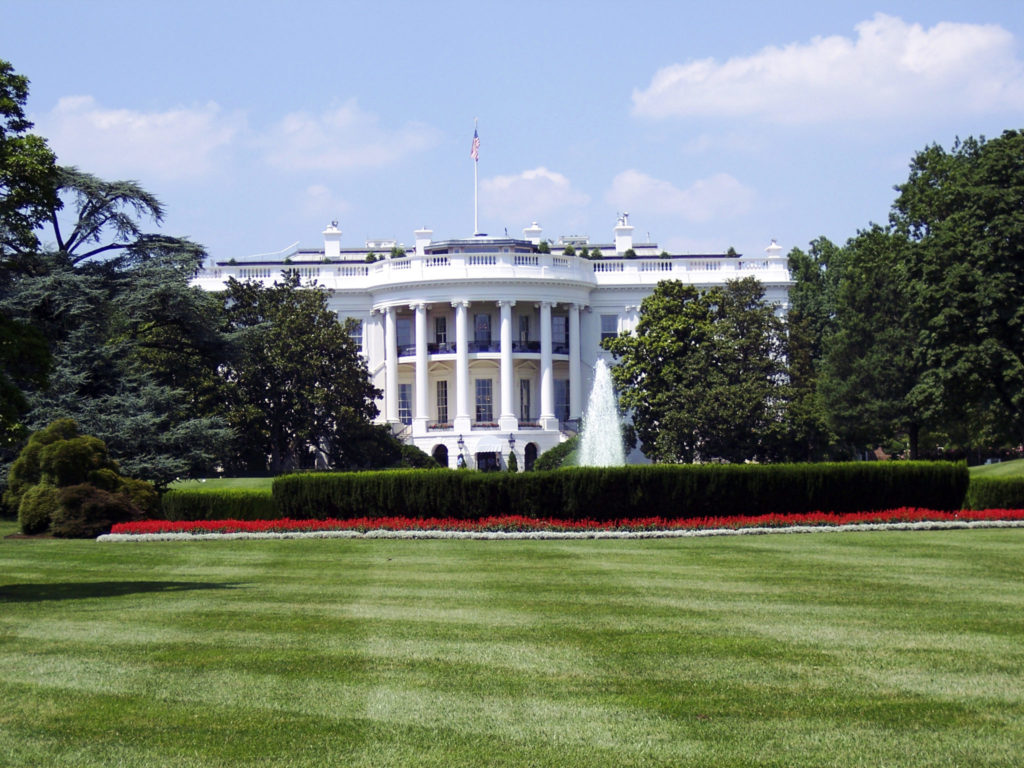Ten states have sued the federal government this week in hopes of stopping a regulation that requires Medicare and Medicaid participating health care facilities, including nursing homes, to have all staff members fully vaccinated by early next year.
The suit, filed on Wednesday by 10 states attorneys general in the U.S. District Court for the Eastern District of Missouri, argues that implementation of the vaccine mandate will only worsen the current workforce crisis — particularly in rural communities.
The plaintiff states include Missouri, Nebraska, Arkansas, Kansas, Iowa, Wyoming, Alaska, South Dakota, North Dakota and New Hampshire.
“The CMS vaccine mandate threatens with job loss millions of healthcare workers who risked their lives in the early days of the COVID-19 pandemic to care for strangers and friends in their communities,” the lawsuit claims. “Vaccination requirements are matters that depends on local factors and conditions. Whatever might make sense in New York City, St. Louis, or Omaha could be decidedly counterproductive and harmful in rural communities like Memphis, Missouri or McCook, Nebraska.”
The lawsuit alleges substantive and procedural violation of the Administrative Procedure Act; procedural violation of the Social Security Act; failure to consult with appropriate state agencies; failure to prepare regulatory impact analysis; unconstitutional exercise of the spending power; violation of the anti-commandeering doctrine, and violation of the 10th Amendment and federalism.
Specifically in Kansas, Attorney General Derek Schmidt said in a statement that while he continues to encourage Kansans to be vaccinated, that decision should be made by the individual person and not mandated by the federal government.
Named defendants in the suit include President Joe Biden, the U.S. Department of Health & Human Services (HHS) and its Secretary Xavier Becerra, the U.S. Centers for Medicare & Medicaid Services (CMS) and its administrator Chiquita Brooks-LaSure, as well as CMS Deputy Administrators Meena Seshamani and Daniel Tsai.
CMS issued its emergency regulation last week — which states that facilities must establish a policy ensuring that staff have received the first dose of a two-dose COVID-19 vaccine or a one-dose vaccine by Dec. 5. All staff must be fully vaccinated by Jan. 4, 2022.
The regulation allows for exemptions based on recognized medical conditions or religious beliefs, observances or practices — and the facility is required to develop its own process or plan to allow for those exemptions.
Daily or weekly testing of unvaccinated staff was considered, CMS said in its guidance, but found “vaccination is a more effective infection control measure.” Operators can conduct testing alongside vaccination, but not as a replacement for vaccines.
Brooks-LaSure said in a press release when the mandate was issued that, “[e]nsuring patient safety and protection from COVID-19” has been the focus when issuing guidance such as this.
The Occupational Safety and Health Administration (OSHA) also issued its vaccine mandate requirements for employers with more than 100 employees on the same day. This rule allows a test out option, unlike CMS’ guidance.
The New Orleans-based 5th U.S. Circuit Court of Appeals recently temporarily blocked OSHA’s rule, finding that it raised statutory and constitutional issues.
President Joe Biden initially announced a mandate for all nursing home employees in August, but soon after extended it to include any health care provider that receives Medicare or Medicaid funding.
According to the most recent CMS data, 86% of nursing home residents and 72.8% of staff are vaccinated.
The ongoing labor shortage has remained the top issue for skilled nursing operators — similar to several other industries. According to the 2021 Skilled Nursing News Outlook Report, 53% of those surveyed said staffing challenges were expected to be the greatest non-COVID challenge to the industry this year.
Of 1,183 nursing home and assisted living providers surveyed in September by the American Health Care Association and National Center of Assisted Living (AHCA/NCAL), nearly every nursing home is currently asking staff to work overtime or extra shifts and more than half are limiting new admissions due to staffing shortages.
The survey also showed that 86% of nursing homes said their workforce situation has gotten worse over the last three months, with 57% of that group describing it as “much worse.”
Staff vaccination variability can be seen throughout the country, as some states like Rhode Island and Massachusetts have rates as high as 96% while others such as Missouri and Oklahoma sit below 58%.
Companies featured in this article:
AHCA/NCAL, American Health Care Association, Centers for Medicare & Medicaid Services, CMS, Department of Health and Human Services



